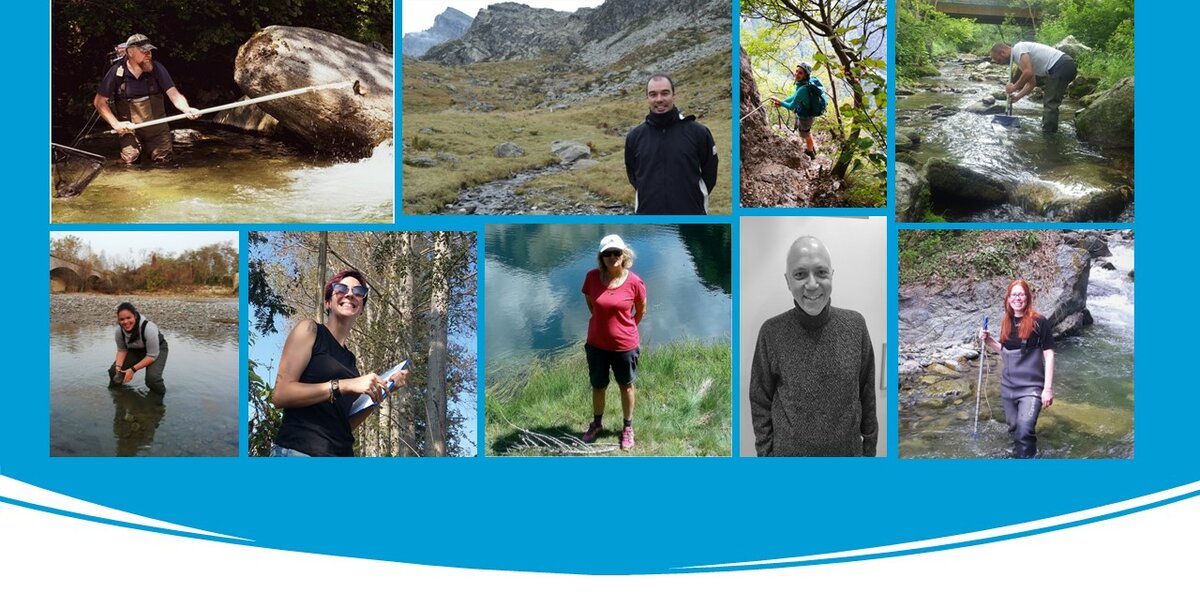
The Alpstream team
Section dedicated to the presentation of the researchers working in Alpstream and the Center collaboration network.
The team
Stefano Fenoglio - Full Professor at the DBIOS, University of Turin
My research concerns different aspects of the ecology and zoology of the river environments, with a particular interest in the analysis of the impact of human activities and climate change on the Alpine aquatic ecosystems.
Francesca Bona - Associate Professor at the DBIOS, University of Turin
I teach Ecology at the University of Turin and for about 20 years I have been organizing field excursions and high formation schools for master and PHD students on river ecology. I mainly deal with the ecology of freshwater algae and the effects of anthropogenic impacts on their functioning and structure.
Elisa Falasco - Researcher technician at the DBIOS, University of Turin
I am a river ecologist specialised in the taxonomy and ecology of benthic diatoms. My research concerns the use of diatoms in river biomonitoring for the assessment of human impact and global climate change.
Tiziano Bo - Researcher at the DBIOS, University of Turin
Biologist specialized in hydrobiology and entomology, I obtained the PHD at the University of Eastern Piedmont. I collaborated with Arpa Piemonte for watercourse monitoring activities and I am author of numerous scientific papers. Currently my activity is focused on the biomonitoring of aquatic macroinvertebrates and the hydromorphological evaluation of river systems.
Laura Gruppuso - Research fellow at the DBIOS, University of Turin
I am a biologist specialized in river ecology. My Phd project focused on the study of the effects of climate change on the biotic and functional component of Alpine watercourses. I have experience in the field of biomonitoring, population studies and modern DNA extraction and sequencing techniques.
Alberto Doretto - Researcher at the University of Eastern Piedmont.
I am a river ecologist specialized in the study of benthic macroinvertebrates. My research activity is aimed at evaluating the response of these organisms to various pressures, both natural and anthropogenic.
Anna Marino - PHD student at the DBIOS, University of Turin
I am an environmental biologist, specialized in river biomonitoring, with experience in the field of drones and innovative teaching. Currently I am a PhD student at UNITO, I am involved in the study of anthropogenic impacts on Alpine rivers, through the use of mesocosms.
Silvia Bertolotti - PHD student at the DBIOS, University of Turin
I am an industrial biotechnologist. My PHD project is aimed at studying the impact of human activities and climate change on the chemistry of Alpine rivers, in terms of both composition and presence of pollutants.
Luca Ridolfi – Full Professor at the Polytechnic of Turin (DIATI)
My research concerns river eco-hydraulics from different points of view. Examples are: morphodynamics - i.e. how the different river shapes (meanders, bars, etc.) evolve in space and time -, the role of hydrological variability on riparian vegetation and the link between hydraulic connectivity and ecological connectivity. I try to promote the dialogue between engineering and ecology.
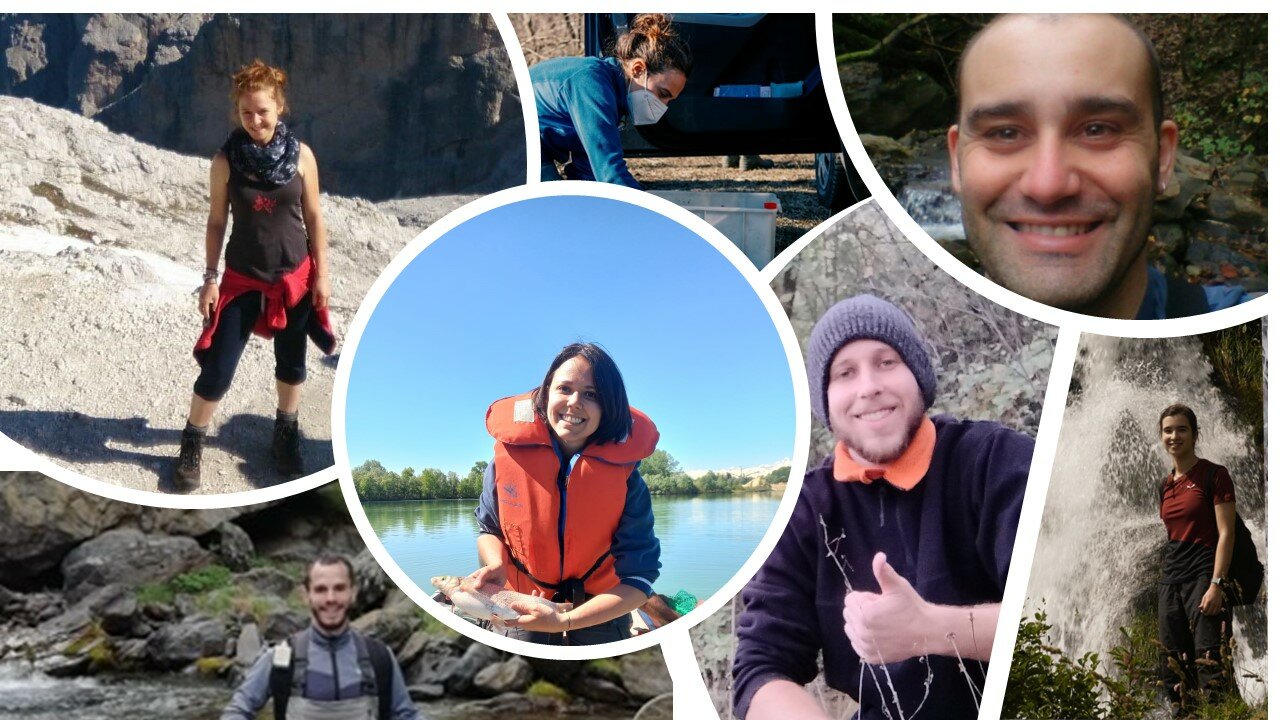
Alex Laini - Researcher of Zoology at the DBIOS, University of Turin,
I am interested in quantifying the effect of natural and anthropogenic stressors on freshwater invertebrates. My current work focuses on studying changes in functional diversity induced by altered discharge, developing new biomonitoring indices and implementing genetic techniques for eDNA studies.
Marta Zoppi - PHD student at University of Turin
I am an environmental biologist with experience in river biomonitoring and the taxonomy of benthic diatoms. I am currently pursuing a PhD at the University of Turin, focusing on the innovative use of diatoms for the phycoremediation of wastewater from various sources. In parallel, I am exploring alternative applications and valorization strategies for biomass derived from invasive macrophytes. My background combines ecological expertise with a practical, sustainability-oriented approach.
Gianluca Vacca - PHD student at University of Turin
I’m a PhD student at the University of Turin, and my research focuses on the diatom colonization dynamics of unconventional substrates and environments.
Gemma Burgazzi - Researcher at DBIOS, University of Turin
I am a freshwater ecologist specialized in the study of climate change and multiple stressors in the river network. Currently, I am a postdoc researcher at the DBios, Turin University, where I study changes in community structures of aquatic organisms both with field and mesocosm studies.
Margherita Abbà- PHD student at University of Turin
I am an environmental biologist and a PhD student at UNITO within the Life Minnow project. I am currently involved in the ex situ breeding of freshwater fish for reintroduction and repopulation purposes, and I am studying some aspects of their biology and ecology.
Carlo Ruffino - PHD student at University of Turin
I am a wildlife technician, with experience in fish conservation and river habitat restoration. Currently I am a PhD student at the University of Turin, with a project aimed at studying the impact of invasive alien species and restoration strategies to assure the longitudinal connectivity of waterways.
Marta Moriondo- PHD student at University of Turin
I graduated in Environmental Monitoring and I'm currently pursuing my doctorate at UNITO. My research project focuses on studying Alpine aquatic macroinvertebrate communities, analyzing their spatio-temporal changes in response to human impacts and climate change.
Former Members
Simone Guareschi (PhD, 2015)
Alpstream member: Novembre 2023 – Febbraio 2025.
Since 2025: Ramón y Cajal tenure-track fellow at URJC (Madrid - Spain) + Visiting Fellow in River Science at Loughborough University (UK).
I am a freshwater ecologist focusing my research at the interface of applied ecology, biological invasions, and the management and conservation of freshwater ecosystems. I primarily work on invasive species (e.g., invertebrates), aquatic biomonitoring tools, and stream ecology.
Since 2023, I have been collaborating with numerous members of ALPSTREAM (Alex Laini, Stefano Fenoglio, Tiziano Bo, Francesca Bona and Laura Gruppuso) on macroinvertebrate diversity, biomonitoring tools, cryptic species & molecular analysis, and biological invasions.
Since 2024, I have been collaborating with numerous PhD students, such as Marta Moriondo (on aquatic biodiversity in glacial rivers of northern Italy) and Margherita Abba (on species distribution modelling of endemic species), as well as several Master's students.
Editorial experience. Member of the Editorial board of the JRC WILEY Journal "River Research and Applications". Guest editor of the Special Issue “Biological Invasions in Rivers and Associated Ecosystems" (2022). Since 2025: Associated editor (AE) in Biological Invasions (Springer).
Updated list of scientific publications and projects here:
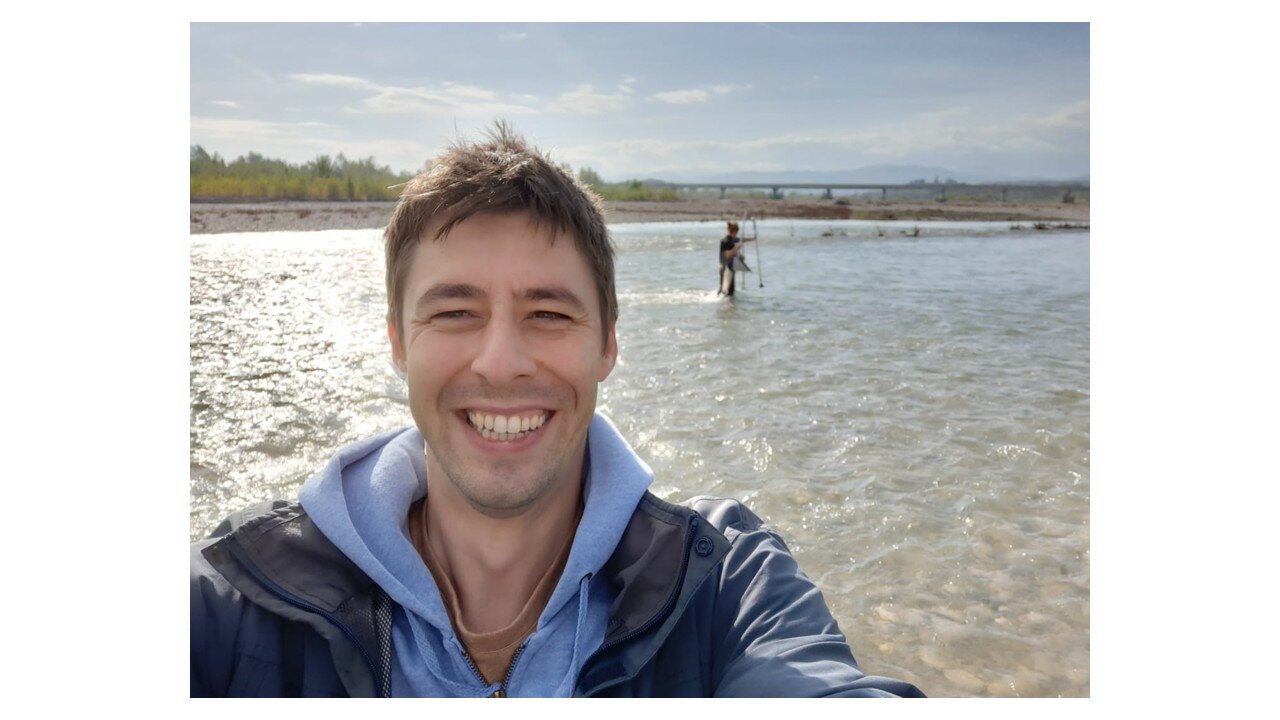
Collaborations
Fondazione Edmund Mach (San Michele all’Adige – TN)
The ALPSTREAM research group has been collaborating for several years with Dr. Maria Cristina Bruno, researcher at the Edmund Mach Foundation (Trento, Italy). This collaboration aims to study the resistance and resilience mechanisms of macrobenthic communities towards climate change and hydrological intermittency.
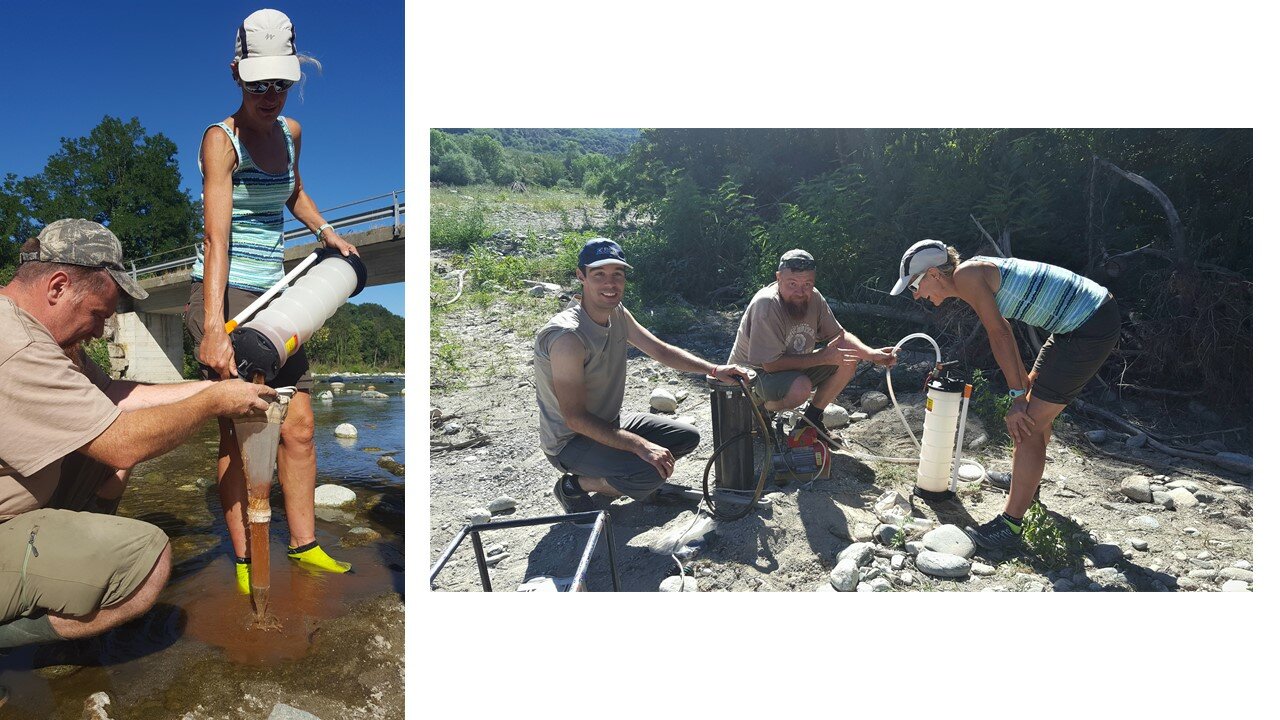
Michigan State University (East Lansing, MI, USA)
Since 2017, the ALPSTREAM Center has started a collaboration with the research group of Prof. Mark Eric Benbow at the Michigan State University, an expert in the ecology of microbial communities (bacteria and fungi). This collaboration promotes the exchange of students and/or researchers between the two partners for the implementation of joint experiments on the interaction between microorganisms and aquatic insects and their role in some important ecological processes, such as the degradation of organic substance.
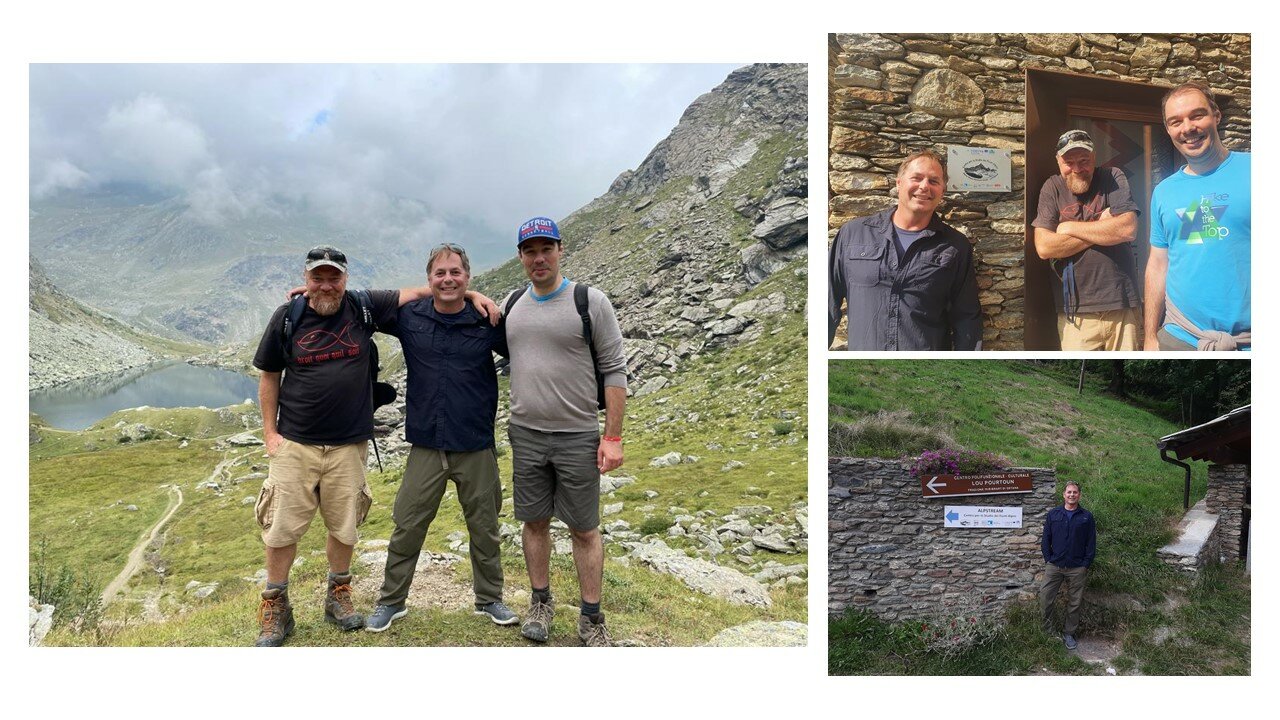
University of Insubria (Varese)
Since 2020, the ALPSTREAM Center has been actively collaborating with the river ecology research group of the University of Insubria (Prof. Giuseppe Crosa, Dr. Silvia Quadroni, Eng. Paolo Espa) on issues relating the impacts of dams management operations on the aquatic biota and the sustainable management of sediments in reservoirs.
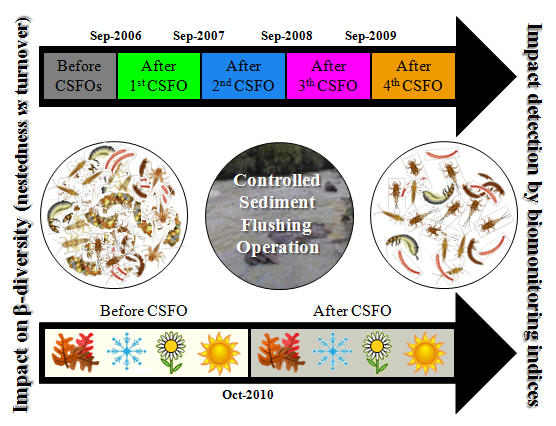
Loughborough University (England)
Recently the ALPSTREAM Center has activated a collaboration with Dr. Kate Mathers, researcher at the Loughborough University. The objectives of this collaboration include the implementation of joint experiments through the use of the mesocosms (artificial rivers) of the ALPSTREAM Center to study the response of river benthic communities to fine sedimentation (siltation).
University of Parma
For several years the ALPSTREAM research group has been collaborating with the University of Parma and specifically with the Ecology group of the Department of Chemical, Life and Environmental Sustainability Sciences, led by Prof. Pierluigi Viaroli. The collaboration between the two groups was formalized in 2017, thanks to a PRIN project involving the two research units with the aim of studying the responses of river benthic communities and ecosystem processes in watercourses subject to different type of hydrological alterations. More recently the two groups have been involved in a research project to provide scientific support to the Po District Management Plan (Po PdG) for the quantification and management of nutrient loads in the Po river basin and the analysis of the relationship with the quality status and functioning of river water bodies.
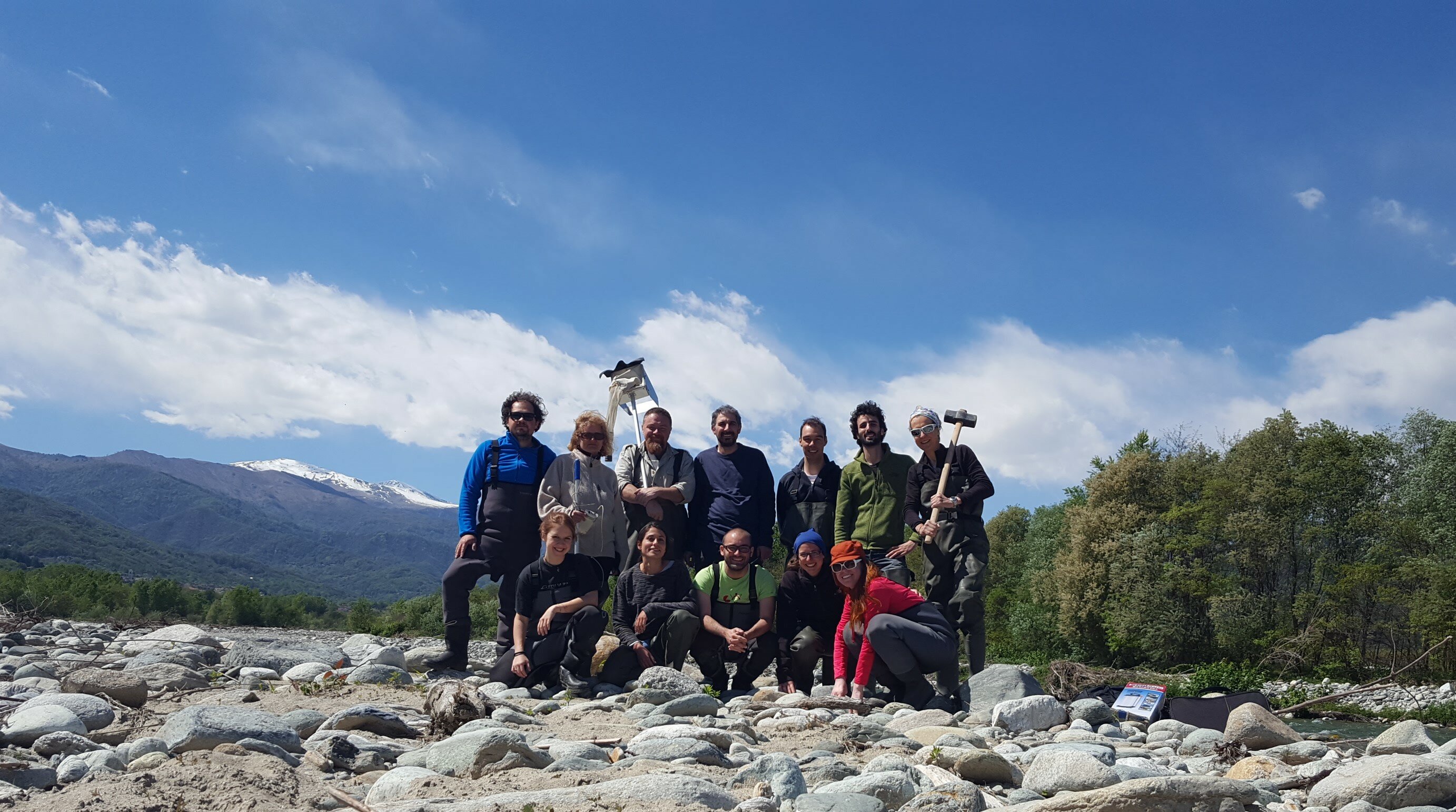
ARPA - Regional Agencies for Environmental Protection
Since 2005, the ALPSTREAM group has been actively collaborating with the Regional Environmental Protection Agencies of a large part of Italy regarding the use of benthic diatoms in the environmental biomonitoring. ALPSTREAM represents a highly qualified scientific center in Italy and provides technical-scientific support to several environmental agencies on issues concerning the systematics and ecology of river benthic diatoms and their use in the field of river biomonitoring.
University of Granada
Among the most important collaborators of our group, the University of Granada must certainly be mentioned, in particular profs. J.M. Tierno de Figueroa and M.J. Lopez-Rodriguez. As part of this collaboration, characterized by assiduous exchanges and visits by Spanish and Italian researchers, numerous articles have been produced dedicated in particular to the biodiversity of river systems with particular attention to the entomological aspects of lotic communities.
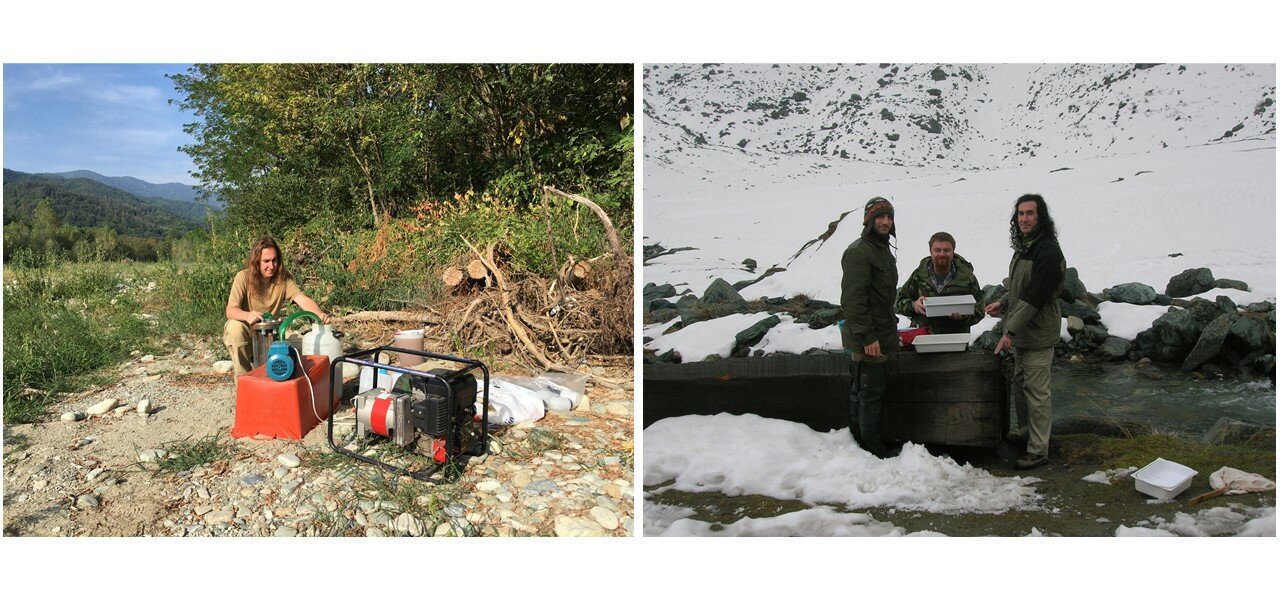
University of Trento and Univerity of Genova
The collaboration essentially concerns two themes. The first concerns the theoretical modeling of the dynamics of river forms, with particular attention to mesoforms (coffins) and macroforms (meanderings and braided rivers). This is done both in conditions of constant hydrological forcing and taking into account the variability of flow rates. This modeling allows us to describe scenarios in relation to anthropogenic and climate changes.
The second theme concerns the study of hydraulic connectivity: how it varies as river flows vary and how it can interact and influence ecological connectivity. This theme is carried out both at the scale of braided rivers and at the scale of the river basin network.
Princeton University ed ETH – Losanna
The role of hydrological fluctuations (i.e. flow) is the main theme of the collaboration, also aimed at understanding how these fluctuations can be modeled and, above all, how they influence the river-riparian vegetation dynamics. This allows us to understand, among other things, how changes in the probabilistic structure of the flows - not only the average values, but also the variance and the temporal correlation structure - have an effect on the riparian composition.
